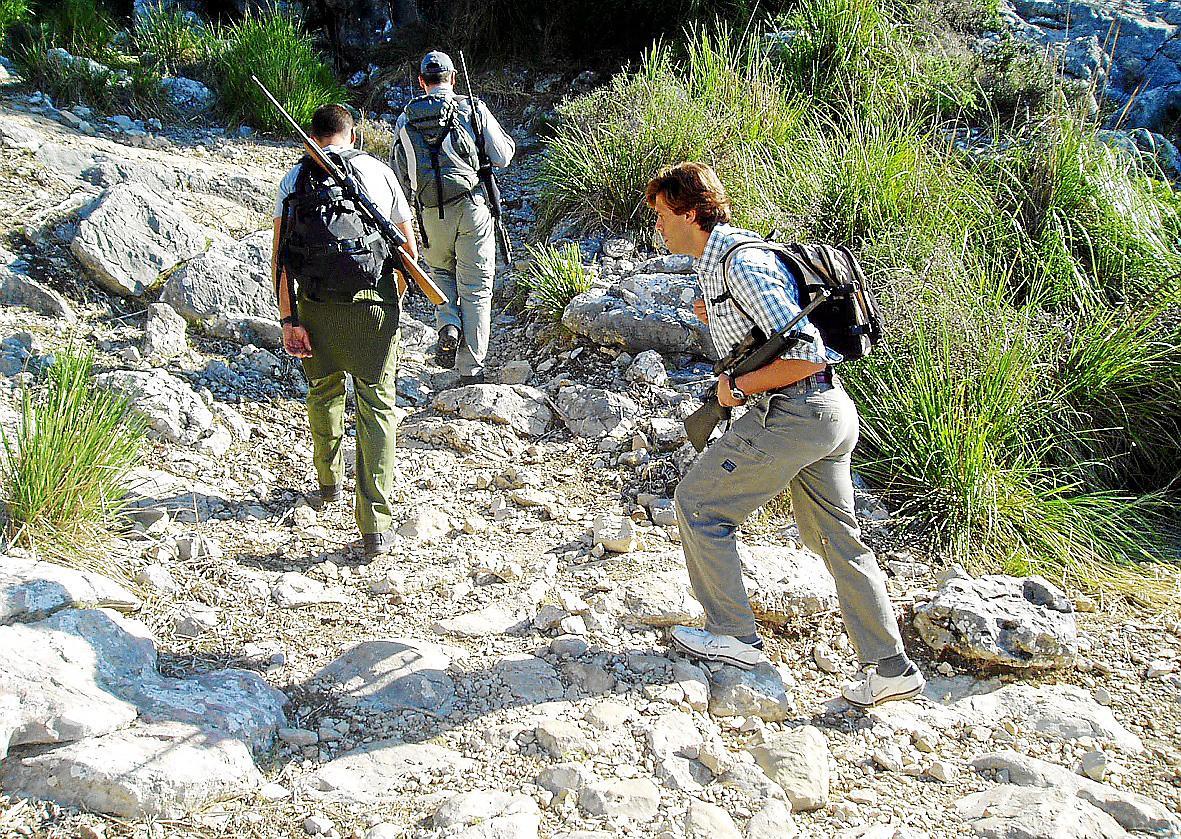Hunters' organisations in the Balearics are expressing their opposition to an approach adopted by the environmentalists GOB, who have invited owners of rural estates to request conversion into wildlife refuges, which would mean prohibition of any kind of hunting. The Balearic association of hunting groups (ABEC) and the hunting federation both argue that this is no solution for maintaining biodiversity.
Hunters opposing increase in Mallorca wildlife refuges
Hunting attacked with "a mantra for an urban audience that wants to hear it"
Also in News
- Spain wants Britons to show they have 113.40 euros, £97, per day for their holidays
- Major security alert at Mallorca airport, surprise landing of flights from Morocco and Namibia
- Big changes on the horizon when Britons travel to Mallorca
- Over two hours for Britons to get through Palma airport queues
- Watch those prices in Mallorca


No comments
To be able to write a comment, you have to be registered and logged in
Currently there are no comments.